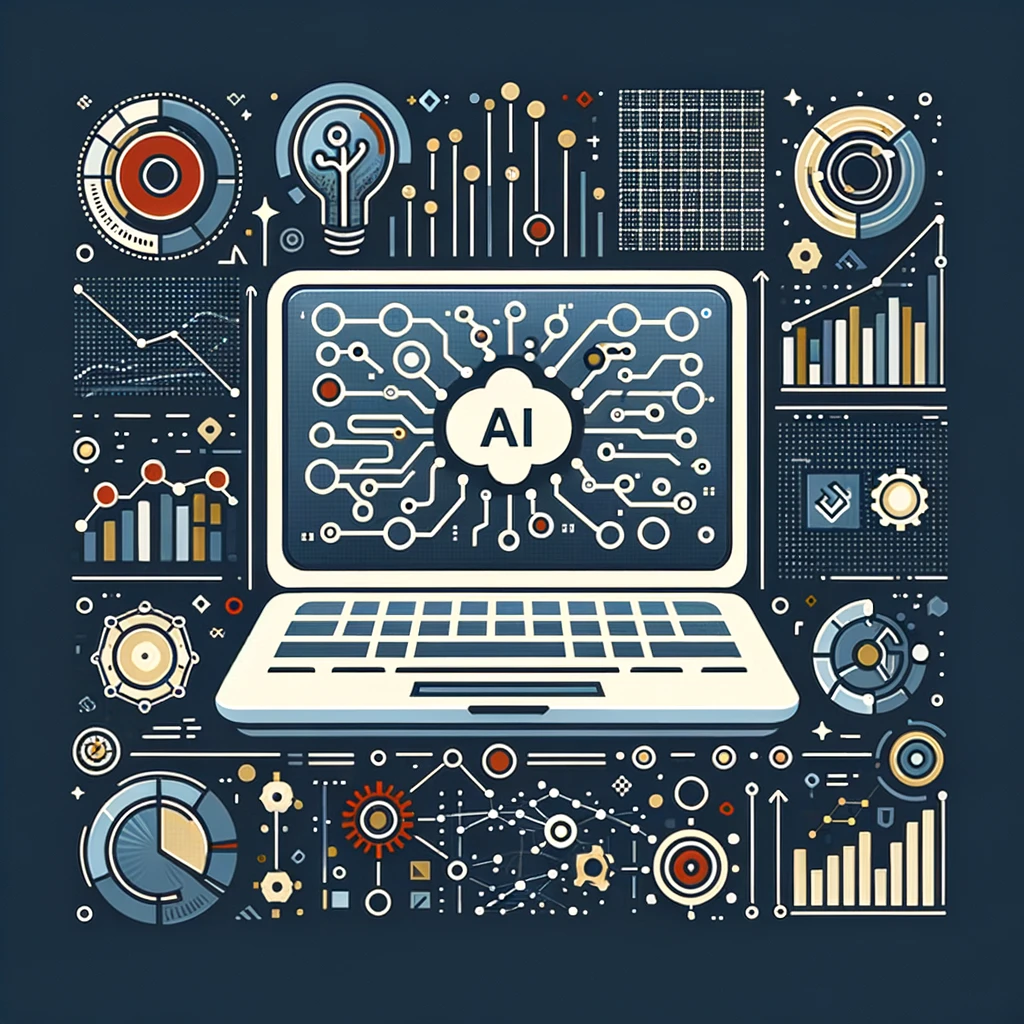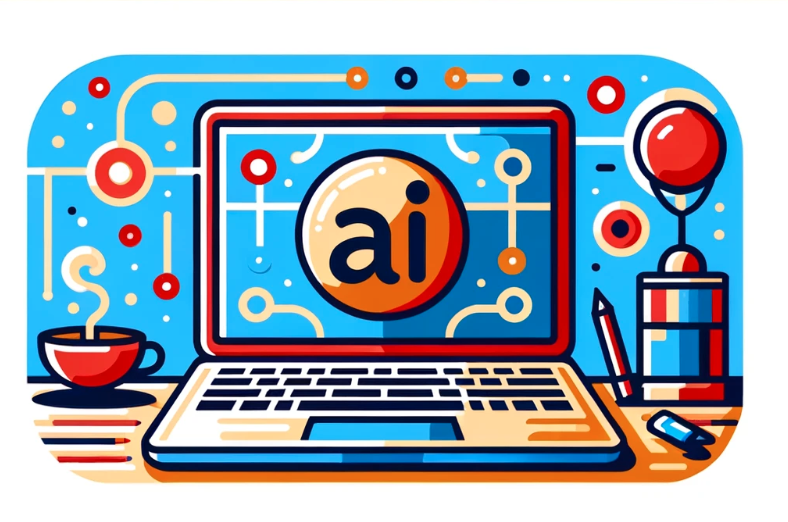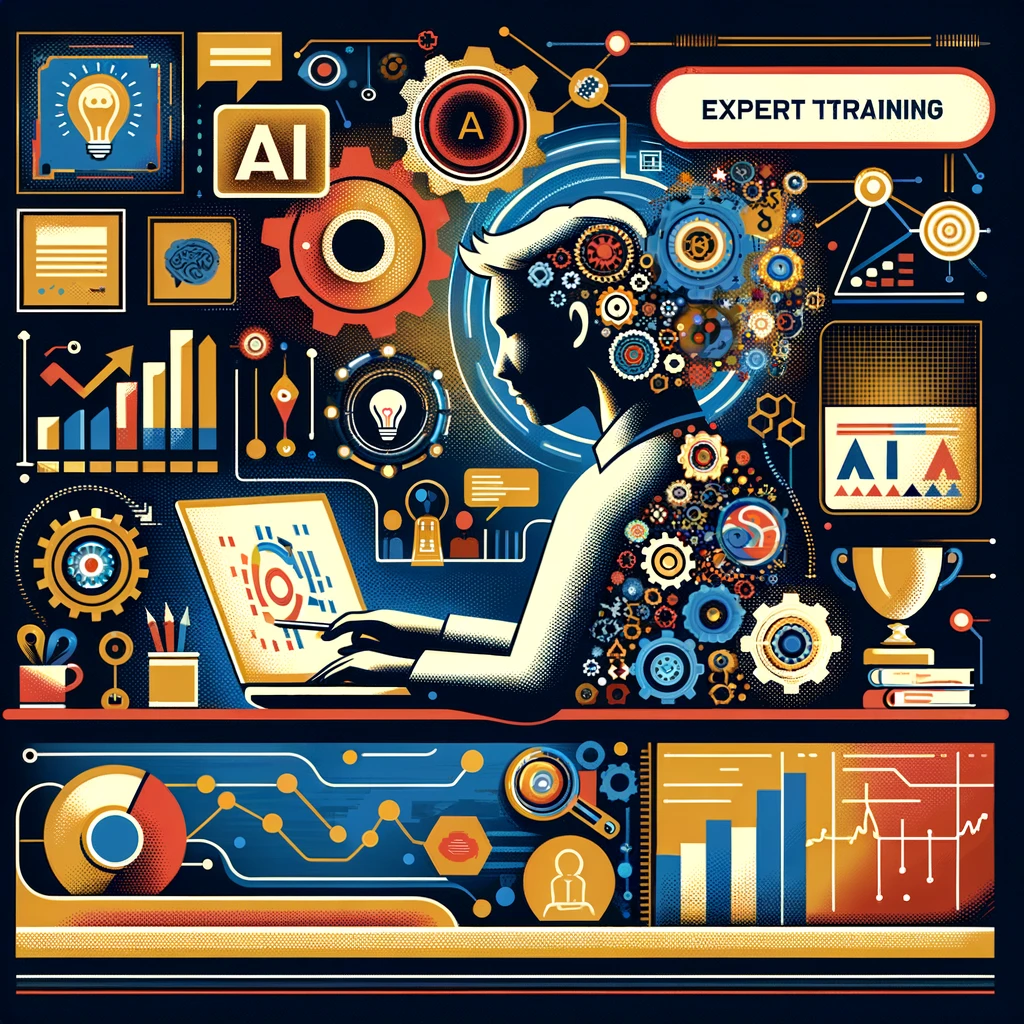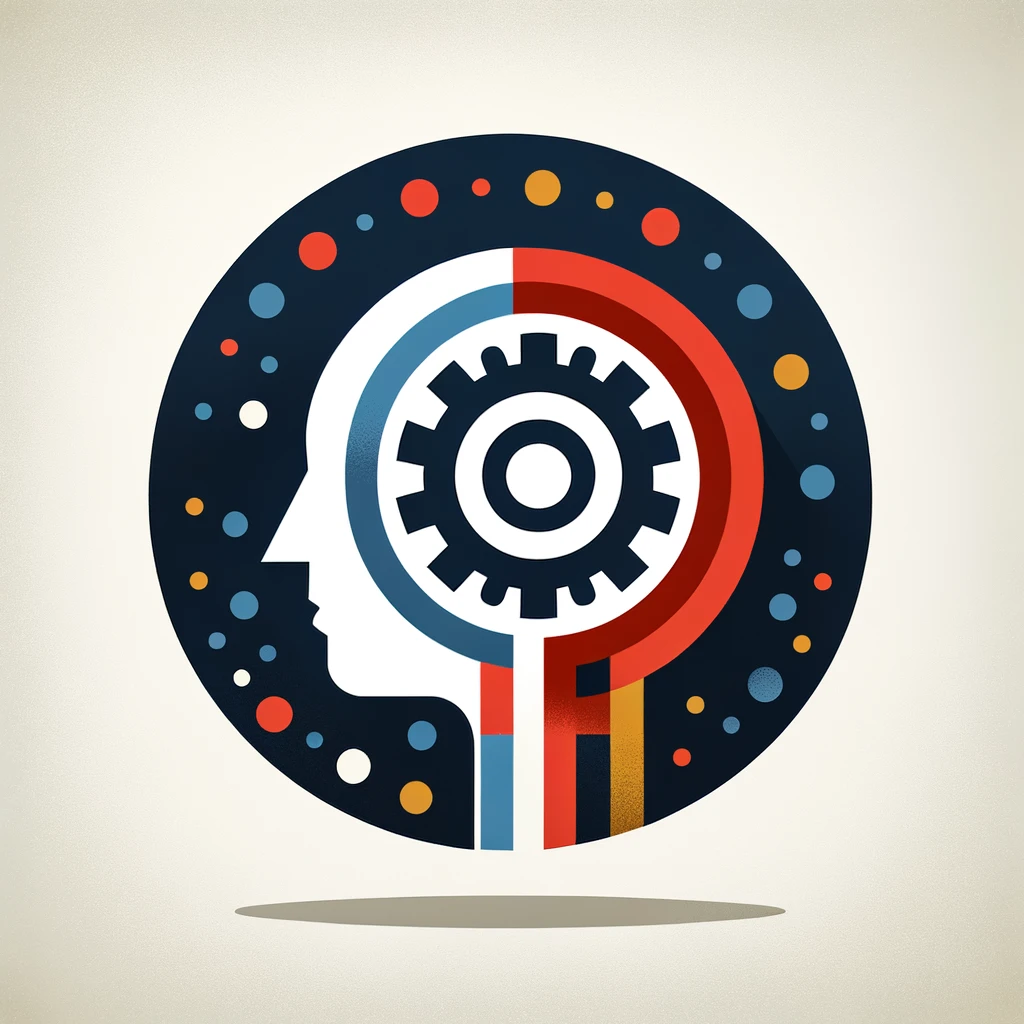When can you join?
Join us for this training on this date:
Friday June, from 01:30 to 5:00 pm via Zoom- can be scheduled for groups of 5 people or more, online or in company
Each group has a maximum capacity. Once a group is full, you cannot complete your registration; please choose another date.
If you’ve registered but can’t participate, no worries. If you inform us up to a week before your training date, you can join on a future date for free (even if that group is full). Cancellations within a week of the booked date are not possible.
This training is developed by Drs. Arjenne Louter from The Dutch PhD Coach and Dr. Ir. Ellen de Lange-Ros and Floris de Lange MSca from AI Ninja.

High Workload for Scientists
The workload for scientists is substantial. Research obligations, from conceptualization to execution, are time-consuming. Additionally, teaching commitments such as creating lesson plans, delivering lectures, and evaluating exams often take more time than allotted, given the tight deadlines throughout the academic year.
Moreover, publications are crucial for career success. The pressure to publish is high (publish or perish) and the writing and publishing process is time-intensive. When you add administrative tasks like managing labs, applying for grants, attending meetings, and the stress of securing funding for research, it’s evident that stress and overload are looming threats.
AI for Researchers: From Literature Management to the Publication Process
Certain aspects of your work can be simplified with AI. In this training, we focus on literature and writing. Through the training, you’ll undoubtedly gain insights into how AI can be used for other aspects of your work, such as effective work planning, maintaining a good work-life balance, and staying motivated.
One challenge with literature is the overwhelming amount of information available, making it difficult to find relevant literature. AI can assist by employing advanced search algorithms to pinpoint targeted and relevant literature. It can also perform tasks similar to a reference manager.
Another challenge is managing vast amounts of data and synthesizing complex information. AI can support you by generating automatic summaries, simplifying complex concepts, connecting articles, and even suggesting potential research questions.
AI can also contribute to enhancing your writing. For instance, AI can check if your writing style is consistent. It can also expedite the peer-review process by automatically evaluating manuscripts based on pre-defined criteria, making the publication process more efficient.
Although AI is not a substitute for the creativity and expertise of scientists, it can be a valuable addition to address specific challenges in the scientific writing process.

Harness the power of AI in your research: a comprehensive training
Our expert training, ‘Artificially Smarter Handling of Literature and Better Writing for Scientists,’ is specially designed for scientists and researchers of all backgrounds and disciplines. In this half-day training, learn how to integrate AI into your work using tools like ChatGPT and Bing.
The training, conducted by two specialists, covers AI applications. Floris de Lange will teach you everything about AI and its applications for your work. Drs. Arjenne Louter is a trainer and coach for PhD candidates with years of experience in guiding scientists.

What will you learn?
- During the training, we’ll delve into the role of AI in scientific research and how AI can improve research. We’ll also discuss ethics, privacy, copyright, and plagiarism.
- For scientists and researchers, an interesting option is using AI as a sparring partner. During the training, learn how to generate research questions, ideas, and hypotheses with AI.
- Many scientists and researchers use a reference manager to keep track of their literature. What can AI do that a reference manager cannot?
- Finding literature can be a massive challenge. How can you use AI to find literature, summarize crucial insights, or even brainstorm about your research direction? AI can assist in evaluating the relevance of articles, summarizing and connecting them.
- Can AI support you in interpreting data? Gain insights into the possibilities and limitations. Which data sources are suitable, and which are not?
- How can you use AI in writing? Learn not only how to expedite the writing process but also how to improve your text. As a participant in the training, you’ll get access to a specially developed chatbot that provides feedback.
- Throughout the training, learn not only what you can and cannot do with AI but also how to integrate AI effectively into your work while retaining control. We provide insights and practical tips to ensure you can elevate your research and writing. After the training, you’ll be able to independently work with AI tools and apply the learned techniques immediately.
This Training is Particularly Suitable for Scientists and Researchers with Limited AI Experience.
What You’ll Get in the ‘AI for Scientists and Researchers’ Training

After the training, you’ll be able to independently work with AI and apply the learned techniques with AI directly the next day.
- Practical half-day training involving hands-on AI application.
- Concrete tools to apply AI in your work as a scientist and researcher.
- Increased efficiency and accuracy in your tasks, leaving more time for thinking.
- Integration of AI into your research work.
- You continue to handle the intelligent part of your work; let AI manage repetitive and time-consuming tasks.
- Use AI in your work immediately after the training.
What is your investment?
The cost for this training is €200 excluding VAT. Consider the time you’ll save and the benefits for your work.
Spots are limited, so register quickly. Sign up directly and discover how AI can elevate your work.

In the live training, we maintain a brisk pace to teach you as much as possible in an afternoon. Experience with AI or tools like ChatGPT or Bing is not necessary.
During the training, work from your own office or home, on your computer or laptop. A tablet works, but a mobile phone is generally not suitable.
To participate, create an account on a designated AI tool beforehand. We’ll explain how during registration.
Having a few core articles about your research on hand and any collected data is helpful. The data format doesn’t matter.
The training is in Dutch, unless there are English speaking participants. In that case, the training is in English, and we assume all participants can follow instructions in English. The writing during the training can be in another language. You can always ask questions in Dutch.
Questions or want an in-company training for your team? Contact us for details.





